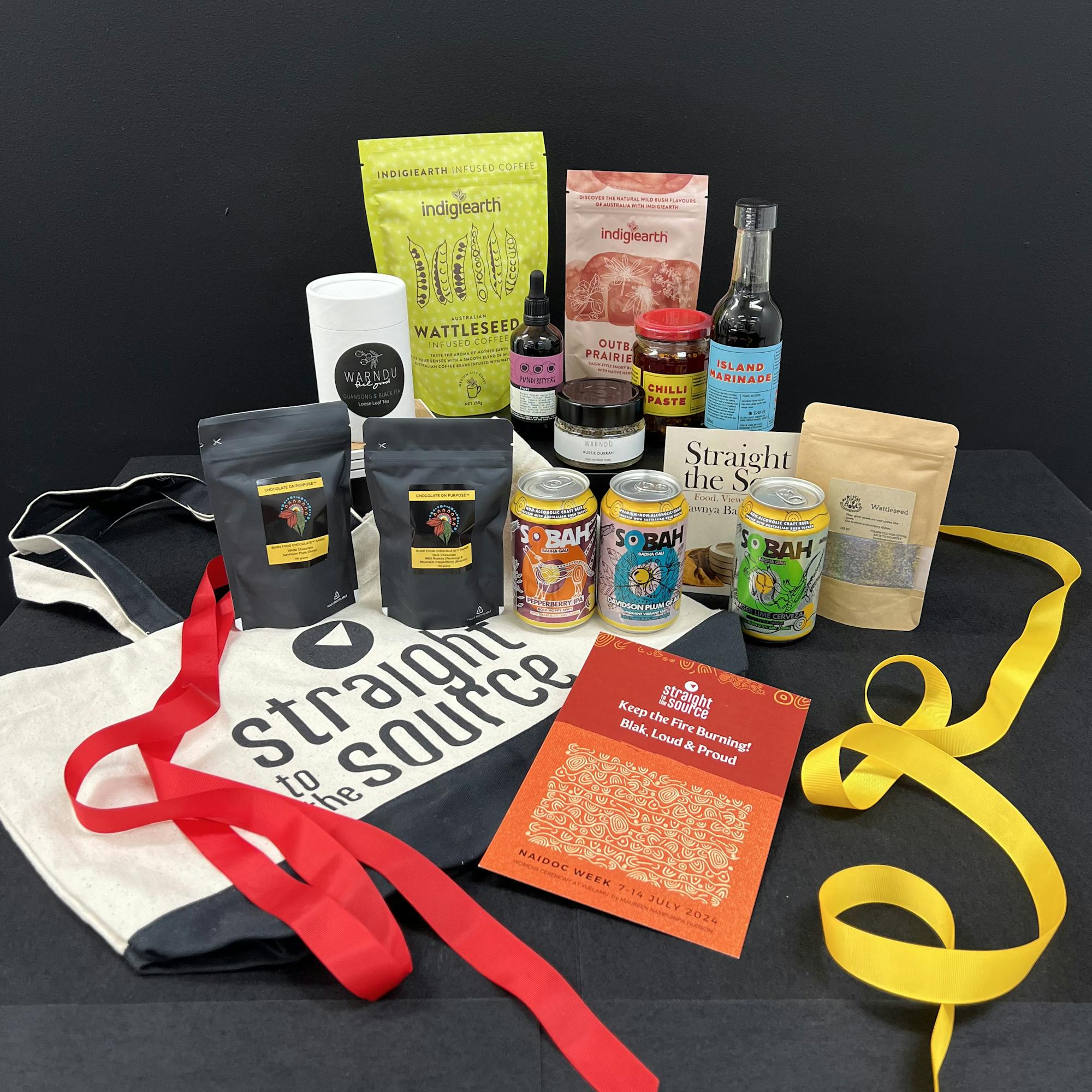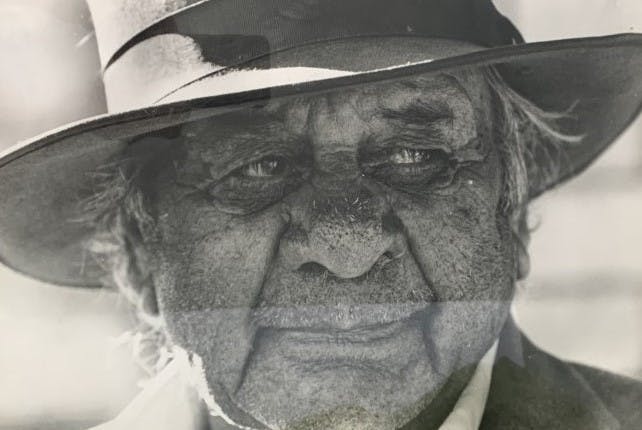Gundagai Lamb: meet the tech taking lamb to the next level
Having the right data is key when it comes to assessing the quality of a carcase.

Having the right data is key when it comes to assessing the quality of a carcase, and Gundagai Lamb are leading the way thanks to their industry-first GLQ Score and the innovative technologies behind them.
Developed by Gundagai Lamb, the GLQ Score is the grade awarded to each lamb based on three key measures: lean meat yield, intramuscular fat, and overall animal health. Capturing accurate data on each component, and being able to feed these insights back to the producer, has been made possible for the first time through a series of technologies implemented by Gundagai Meat Processors.
Understanding the lean meat yield of a carcase is critical to determining the amount of saleable meat within. Gundagai Lamb uses Dual Energy X-Ray Absorptiometry (DEXA) to assess lean meat yield by measuring the percentage of muscle, fat and bone in a carcase. When the percentages are collectively assessed, this indicates the overall lean meat yield – insight that can be used to estimate cut weights and quality assurance.
DEXA originated from Scott Automation in New Zealand, who were using the technology to cut lamb carcases into three parts through an x-ray image. The technology was further developed by the ALMtech project, adapting the x-ray to further understand the composition of the carcase. By implementing DEXA at their processing facility, Gundagai Lamb is able to move the needle towards rewarding producers on the amount of saleable meat within a carcase, rather than weight alone.
Understanding intramuscular fat in a carcase is critical when predicting lamb eating quality. Through the use of the MEQ Probe, Gundagai Lamb is able to objectively gauge the level of intramuscular fat in hot carcases. Originally developed for the detection of breast cancer, the MEQ Probe uses nanoscale biophotonics, machine-learning algorithms and medical-grade lasers to understand the chemical composition of the carcase. Four needles containing the lasers are inserted into the loin muscle of a carcase, assessing chemicals present via absorption and light reflection.
The higher the level of intramuscular fat, the more marbling there’ll be in the cut of lamb. When fed back to producers, this data can be used to help breed a higher-quality flock. On the other end of the spectrum, a guaranteed measure of intramuscular fat instils confidence in consumers actively seeking a premium cut of lamb.
As for overall animal health? Throughout the grading process, Gundagai Lamb gathers detailed health data of each carcase, tracks this data by RFID and communicates it back to the producer. These insights are invaluable when it comes to operational optimisation along with improving animal wellbeing.
Through continued innovation, Gundagai Lamb is helping to secure a more sustainable (and financially resilient) future for the lamb farming industry.
Stay Up To Date
Sign up to receive our monthly newsletter with upcoming events, producer-in-focus, food news and so much more.


